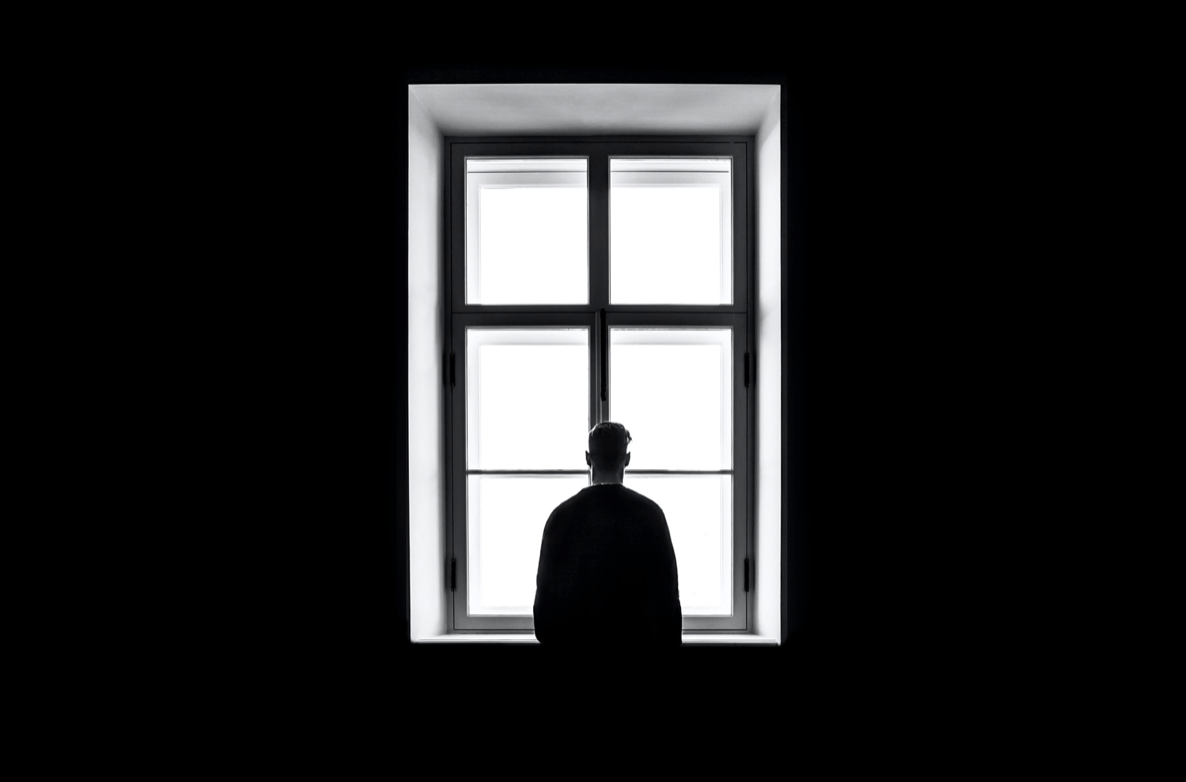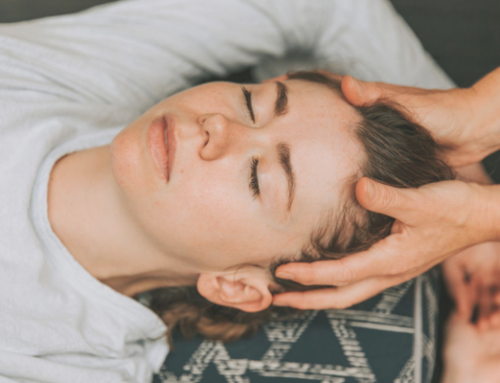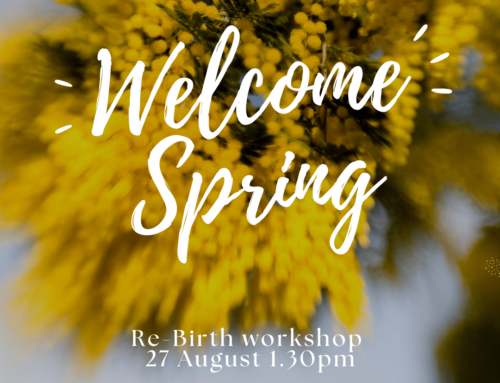Strategies to cope with uncertainty & anxiety
By Dr Leela Klein (TCM)
Feeling anxious, stressed or overwhelmed right now? Many of us are facing worries about our health, the health of loved ones, remote learning and teaching, increased pressure and stress from higher workloads, financial stress, and fears about what the future holds. Even if you are not typically an anxious person, it is common to feel some anxiety during periods of change or uncertainty like the current pandemic.
As humans, we are hardwired to crave stability. Our brains do not like uncertainty. It is perfectly natural to feel unsettled and anxious about current world events.
A large part of anxiety comes from a sense of what we think we should be able to control, but cannot. We may feel helpless about what will happen or what we can do to prevent further stress. The uncertainty might also connect to our uncertainty about other aspects of our lives, or even remind us of past events when we did not feel safe and the immediate future was uncertain
In times like these, our mental health can suffer. We don’t always know it’s happening. You might feel more on edge than usual, angry, helpless or sad. You might notice that you are more frustrated with others or want to completely avoid any reminders of what is happening. For those of us who already struggle with our mental wellness, we might feel more depressed or less motivated to carry out our daily activities.
The good news is that there are some strategies that can help us cope with uncertainty and anxiety.
1. Recognise your anxiety, and acknowledge it is not a sign of weakness
Anxiety can look different, to different people. You may be consumed by thoughts and worrying about the ‘what if’s, or feeling nervous, panicky, overwhelmed or irritable. Anxiety can affect you physically; you may notice a racing heart, tight chest, and an inability to focus, or feel mentally and physically exhausted.
It can also affect your behaviour – you may avoid certain situations, or engage in more subtle avoidance, procrastinate, avoiding thinking about upsetting things, or rely on alcohol, drugs, or other things (e.g. food) to keep the anxiety at bay. Anxiety, stress, and uncertainty are not signs of weakness – they are understandable feelings in response to unpredictable, unprecedented and stressful situations.
Research from past pandemics shows that for most people, anxiety is transient or temporary. Although it is high during the peak of the pandemic, it usually eases as the pandemic is controlled.
2. Separate what is in your control from what is not
Learn to recognise and accept what you can and cannot control. You could do this for example by following these three steps.
- Write down your main worries. List as many as you need to.
- Divide the list into two. One list is for the things you can do something about, and the other list is for the things you can’t do anything about.
- Make a plan to solve the items on the first list and seek help if needed to solve them. Practice accepting what is on the second list.
One of the things you can control and could do is to limit your consumption of news.
3. Do what helps you feel a sense of safety
This will be different for everyone, and it’s important not to compare yourself to others. It’s ok if you have decided that limiting attendance of social events makes you feel safe right now. However, make sure you are isolating for your benefit and not because it’s part of depression.
4. Look after your body – get enough sleep, exercise, eat well and go out into nature
Make sure you are getting enough sleep, exercising, eating well and avoiding unhealthy habits (like smoking and drinking too much). Even though they can be hard to fit into the day when you’re feeling exhausted and overwhelmed or when you’re working long or unusual ours, prioritising your health will help you keep on top of your mental health (and your physical health too).
And remember to breathe – take slow, deep breaths to induce the calming response.
I took a walk yesterday afternoon in my neighbourhood. The sun was shining, I got my dose of vitamin D, and it felt good to get some fresh air and some alone time. Exercise also helps both your physical and mental health.
5. Take some time out
Spend a little time each day doing something completely off the topic of COVID-19 and lockdowns to help you get some time out (e.g. meditating, doing yoga nidra, watching TV or movies, reading a book, listening to music or a podcast).
6. Challenge yourself to stay in the present
Perhaps your worry is compounding – you are not only thinking about what is currently happening, but also projecting into the future. When you find yourself worrying about something that hasn’t happened, gently bring yourself back to the present moment. Notice the sights, sounds, tastes and other sensory experiences in your immediate moment and name them. Engaging in mindfulness activities is one way to help stay grounded when things feel beyond your control.
7. Stay connected and reach out if you need more support
Talk to trusted friends about what you are feeling. If you are feeling particularly anxious or if you are struggling with your mental health, it’s ok to reach out to a mental health professional for support. You don’t have to be alone with your worry and it can be comforting to share what you are experiencing with those trained to help, e.g. Lifeline (p: 13 11 14), Beyond Blue (p: 1300 224 636).








Leave A Comment